1. Knitting and Crocheting
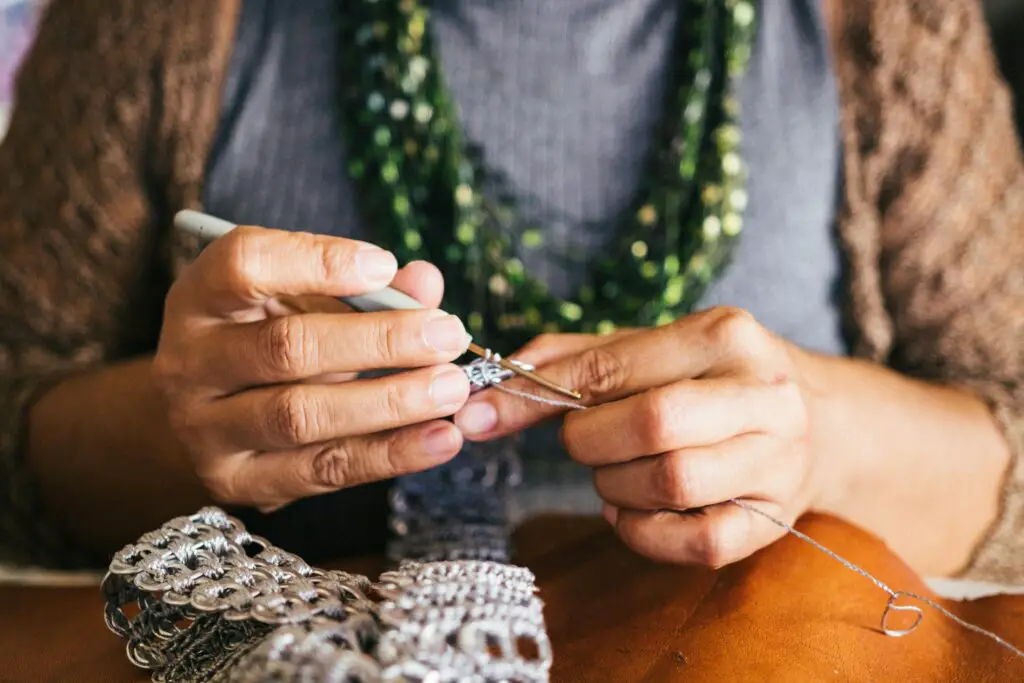
Knitting and crocheting are skills many people learned from their grandmothers, but they’ve seen a comeback in recent years. Not only are they useful for making your own clothes or blankets, but the act itself has a calming effect. When times are tough, focusing on creating something by hand can provide a sense of accomplishment and peace. It’s a tactile, slow-moving process that allows the mind to reset shares VOA.
In a world where everything is fast-paced and disposable, this is a skill that teaches patience and mindfulness. The rhythm of stitching has a meditative quality, and it can be a form of self-care during stressful times. Plus, you end up with a tangible, useful product at the end. You’ll be amazed at how something as simple as knitting can help you push through difficult situations.
2. Making Herbal Remedies

Long before the rise of modern pharmaceuticals, people relied on herbal remedies to treat a wide variety of ailments. Knowing which plants have medicinal properties can be a life-saving skill when resources are scarce. In tough times, having the ability to create remedies from what’s available around you builds both independence and resilience says Healthline.
Learning about herbs isn’t just about curing what ails you; it’s about reconnecting to nature. It also encourages a sustainable lifestyle—one that doesn’t always require a trip to the store. By understanding the healing properties of herbs like lavender, peppermint, or chamomile, you gain a sense of control over your health and well-being. This knowledge can make a huge difference when navigating difficult situations.
3. Sewing and Mending Clothes
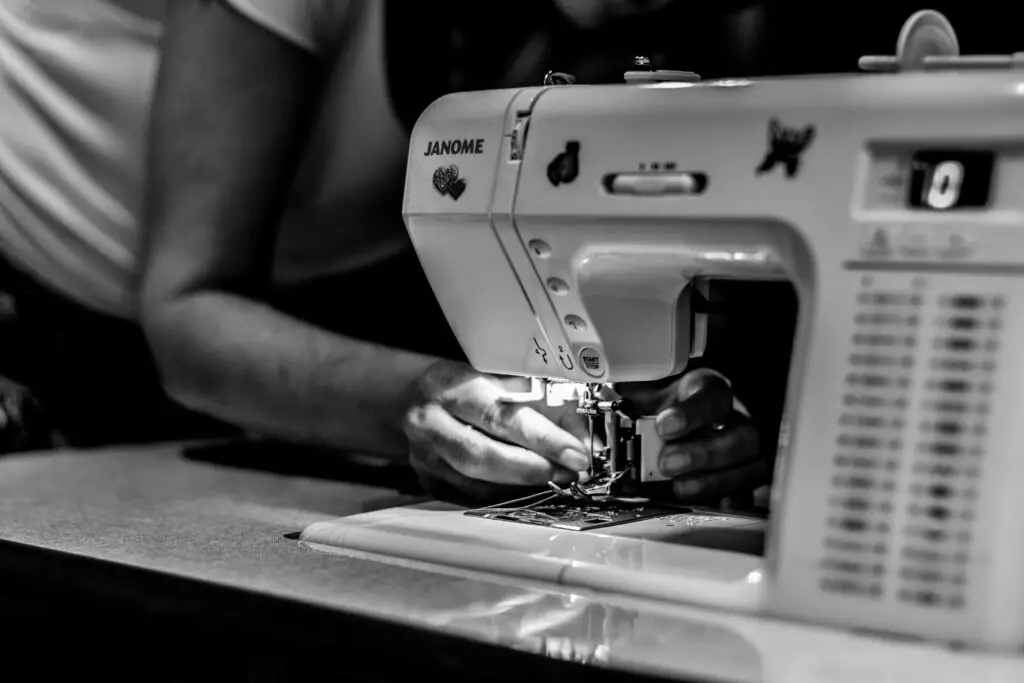
Sewing is a forgotten art for many, but it’s a fantastic skill that can offer both practicality and creativity. During hard times, the ability to repair clothing, stitch a torn shirt, or even craft new garments from old fabric can save money and reduce waste. Instead of throwing things away, you’re extending their life and making them work for you says KPBS.
The act of sewing is also incredibly rewarding. It’s a skill that, once learned, can be passed down and shared with others. The process itself can be surprisingly meditative, as the repetitive motions help calm the mind. Plus, there’s nothing like the satisfaction of repairing your favorite pair of jeans or creating something entirely new with your hands.
4. Cooking From Scratch
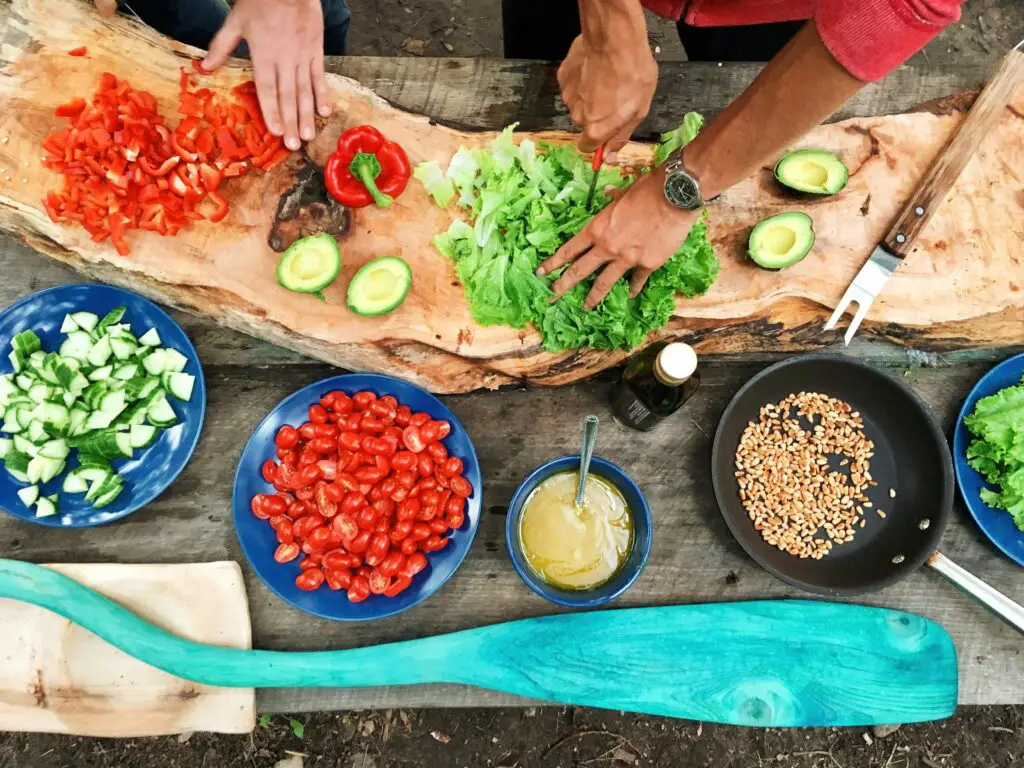
When the world feels out of control, being able to cook from scratch brings a sense of stability. It gives you the freedom to choose what goes into your meals, providing a healthier alternative to pre-packaged foods. Knowing how to make everything from bread to sauces from basic ingredients gives you control over your nutrition and helps avoid dependency on grocery stores shares VerywellMind.
Cooking also taps into creativity and resourcefulness. When times are tough, it’s often about making do with what’s available, and being able to craft meals from limited ingredients can help you stretch resources. The act of cooking itself can be grounding, offering a bit of normalcy when life gets chaotic. Plus, nothing beats the joy of a meal made with your own hands.
5. Woodworking
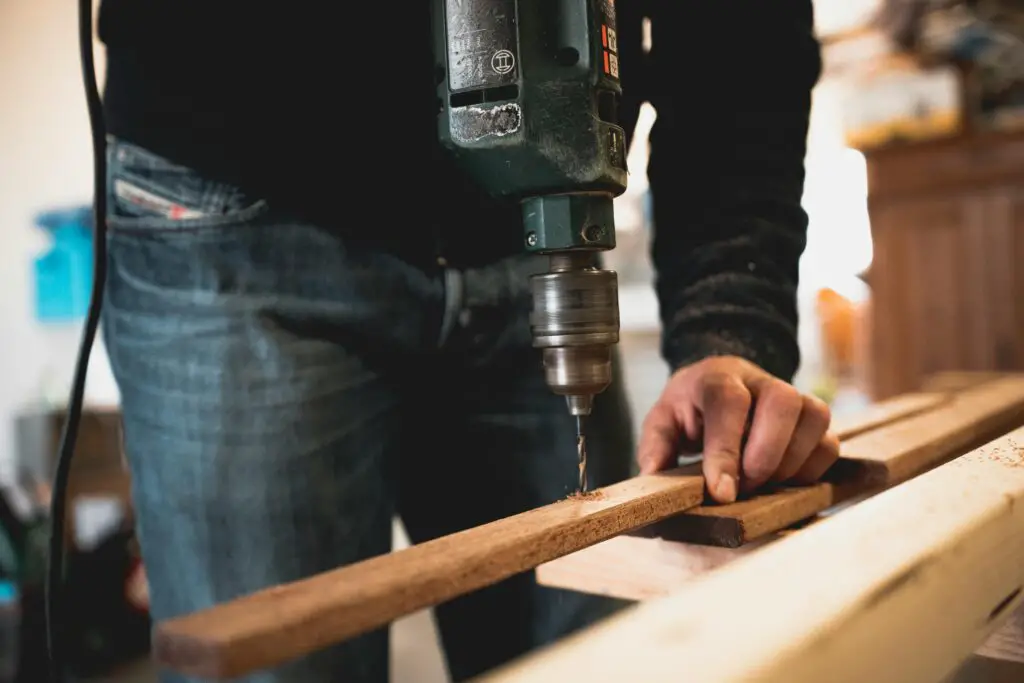
Woodworking is a skill that seems to be disappearing in the age of mass production, but it has immense benefits for building resilience. Being able to create furniture, tools, or even simple repairs can empower you to solve problems independently. During challenging times, being able to build or fix something with your own two hands provides a sense of accomplishment and self-reliance.
Working with wood also connects you to the physical world. It requires patience, precision, and often a bit of trial and error, making it a great way to build perseverance. You might start with small projects like birdhouses, but soon enough, you’ll realize the potential for larger, more meaningful creations. This skill strengthens both your mental and physical endurance in ways that modern conveniences can’t.
6. Foraging for Food
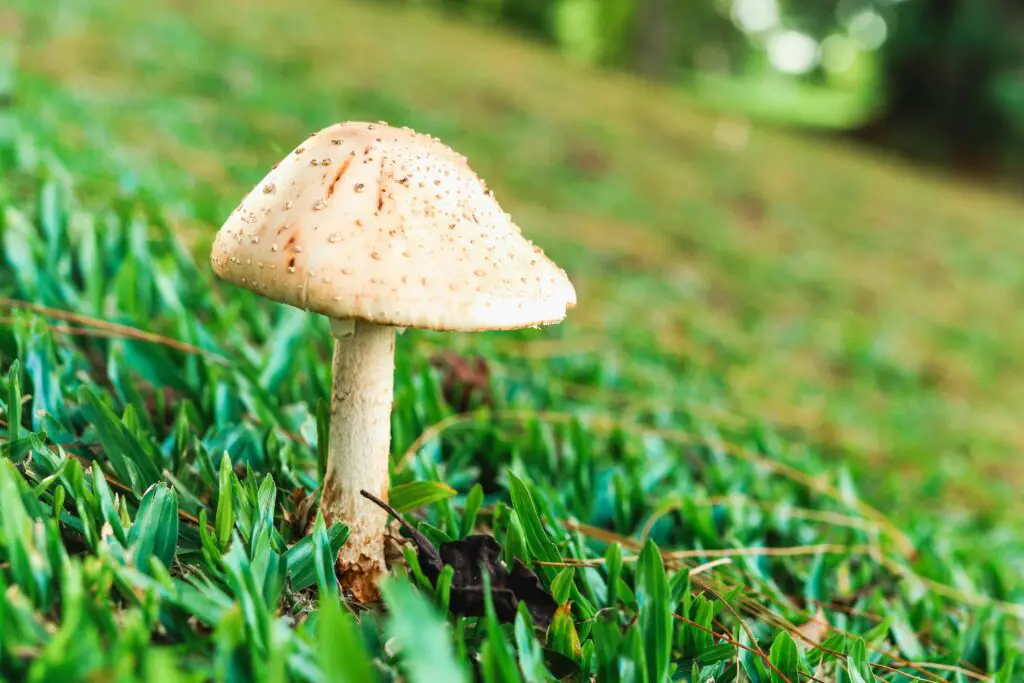
Foraging for food is an ancient skill that’s making a resurgence, especially as people look for ways to live more sustainably. Knowing which plants, fungi, and berries are edible can not only fill your stomach but also connect you deeply to your surroundings. Foraging can be a calming and rewarding activity that gets you outside and in touch with the earth.
In uncertain times, this skill helps you become less reliant on grocery stores and more in tune with nature’s cycles. It builds adaptability and a deep appreciation for the resources available in your environment. Plus, foraging is often an educational experience, as you learn to identify various species and understand the delicate balance of ecosystems. This knowledge empowers you to thrive when things get tough.
7. Gardening and Growing Your Own Food
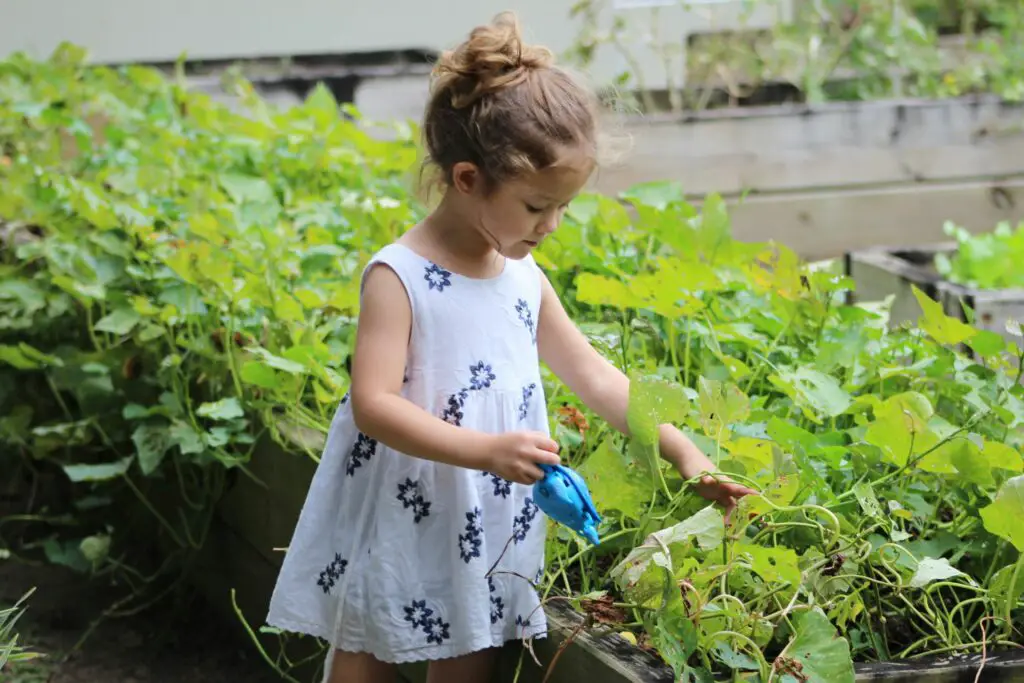
There’s something deeply comforting about having a small garden where you grow your own food. During times of uncertainty, being able to harvest your own vegetables or herbs provides a steady supply of nourishment and a sense of security. Gardening can teach patience and resilience because crops take time and care to grow.
Gardening also offers an escape from daily stresses and allows you to focus on something that’s growing, not breaking down. It’s also a great way to build community; sharing excess produce with neighbors strengthens bonds. The act of tending to plants fosters a sense of accomplishment and provides tangible results in the form of food, which can be invaluable when external circumstances are challenging.
8. Preserving Food
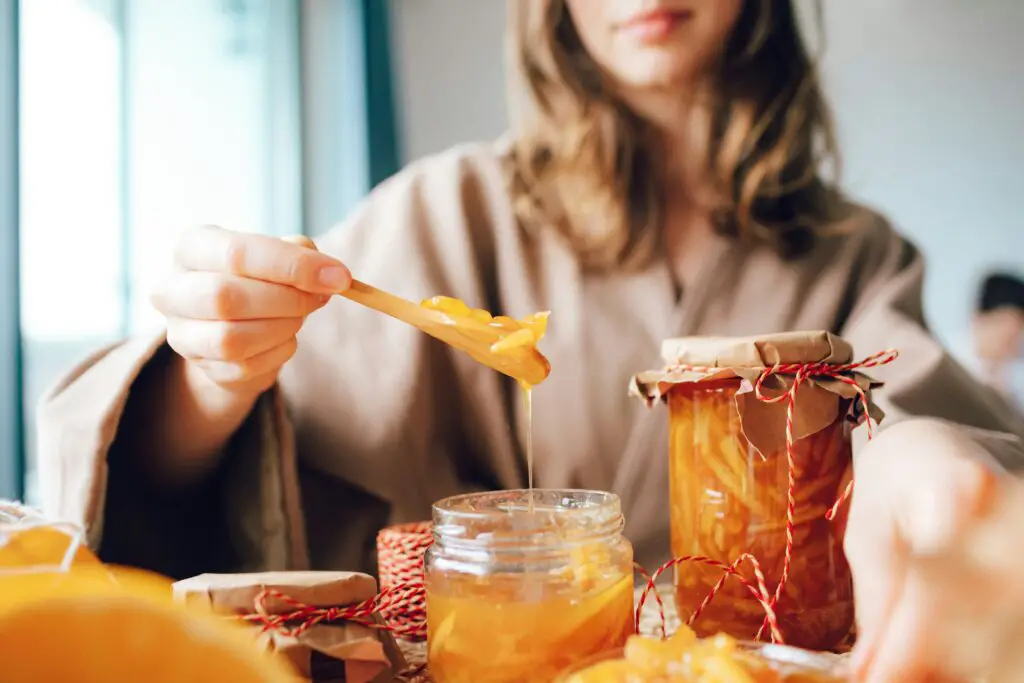
Before refrigeration, people relied on preserving food through canning, pickling, or fermenting. In tough times, knowing how to preserve food extends the life of what you have, cutting down on waste and ensuring you have enough to eat. Whether you’re canning vegetables from your garden or fermenting sauerkraut, the process gives you a sense of control over your food security.
Food preservation also teaches patience and planning. You can’t just throw things in jars and expect them to last; the process requires careful attention and understanding of how different foods preserve over time. The end result is food that is not only nutritious but also has a rich flavor developed through the preservation process. This skill makes you more self-sufficient and resilient in times of need.
9. Animal Husbandry

Taking care of animals isn’t just about having pets; it’s a skill that has long been associated with resilience. Whether it’s raising chickens for eggs or caring for a goat for milk, animal husbandry provides a steady supply of food and resources. Learning to care for animals teaches responsibility, patience, and hard work, all while providing you with a sustainable source of nutrition.
Caring for animals also builds a deeper understanding of the cycles of life and the importance of tending to others’ needs. In times of hardship, the companionship and care required for animals can also offer emotional resilience. Whether it’s the daily tasks of feeding or tending to sick animals, you learn the value of routine and commitment, both of which help you push through tough situations.
10. Repairing and Upcycling

In a culture of disposability, the ability to repair and upcycle things is incredibly valuable. Whether it’s fixing a broken appliance, reupholstering furniture, or reimagining old materials into something new, this skill helps you stretch resources and reduces waste. Being able to breathe new life into old things helps build a mindset of sustainability, which is crucial when resources are limited.
The process of repairing or upcycling also fosters creativity. It encourages thinking outside the box and making the most of what you have. In tough times, this adaptability and resourcefulness can be the difference between thriving and just getting by. You’ll be amazed at how many items can be repaired or repurposed instead of thrown away, and each project brings a sense of accomplishment.
11. Basic First Aid
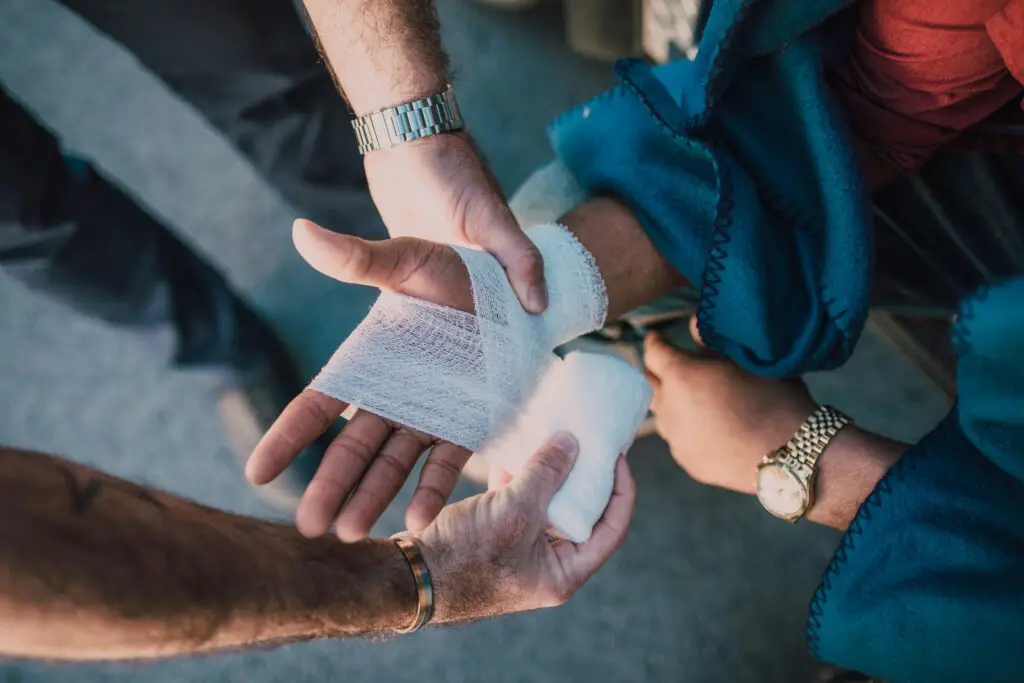
In emergencies, knowing basic first aid can make all the difference. Being able to treat a wound, administer CPR, or handle minor injuries gives you the confidence to manage a crisis. In tough times, these skills provide not just physical resilience but mental strength, knowing you can step in when someone is in need.
First aid knowledge empowers you to take control of a situation and help those around you. It’s a skill that doesn’t take much to learn but can be a game-changer in times of crisis. Whether you’re caring for a loved one or dealing with an injury while out in nature, knowing what to do can prevent a situation from escalating. This practical skill is a critical part of being resilient in the face of uncertainty.
12. Fire Starting
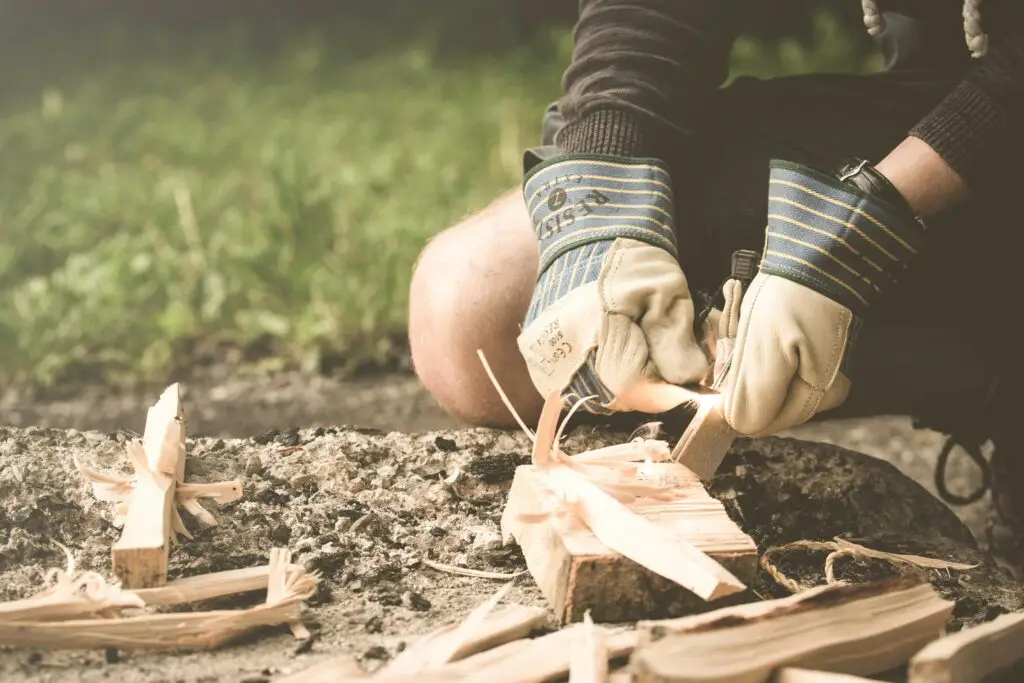
In survival situations, the ability to start a fire is crucial. Whether you’re using a flint and steel, matches, or natural materials like dry twigs and leaves, this skill is one of the most basic and important ones to have. Fire provides warmth, the ability to cook, and a sense of safety. During hard times, being able to create fire from nothing is a skill that can make all the difference.
Fire-starting also teaches resourcefulness and ingenuity. In times of stress or adversity, the process of finding the right materials, starting a flame, and building a steady fire offers a tangible solution to a pressing need. It connects you to the essentials of survival and builds confidence that you can handle what comes your way. Being able to make fire can truly make you feel like you’re in control, even when everything else seems uncertain.
